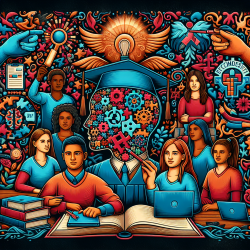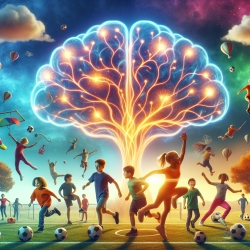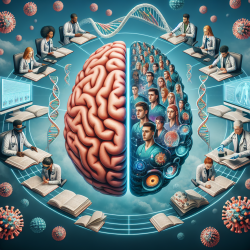Stigma towards autistic university students and those with other diagnoses remains a significant barrier to their full participation and success in academic environments. Recent research published in the Journal of Autism and Developmental Disorders titled What Contributes to Stigma Towards Autistic University Students and Students with Other Diagnoses? provides valuable insights that practitioners can leverage to improve their skills and foster more inclusive environments.
Key Findings from the Research
The study conducted an online survey with students in New York City and Beirut to compare stigma towards autistic students with those having other diagnoses. The findings highlighted several critical points:
- Diagnoses perceived as dangerous (e.g., psychopathy) were more stigmatized than those perceived as less dangerous (e.g., autism).
- Disruptive autistic behaviors evoked more stigma than withdrawn behaviors.
- Perceived dangerousness was a significant predictor of autism stigma.
- Greater acceptance of inequality, less openness, and lower cognitive empathy were associated with heightened stigma towards most conditions.
Practical Implications for Practitioners
Practitioners working in online therapy and special education can implement several strategies based on these findings:
1. Educate to Reduce Perceived Dangerousness
Educational initiatives should aim to demystify behaviors associated with autism and other conditions. By providing accurate information about the reasons behind certain behaviors, practitioners can help reduce the perceived dangerousness and associated stigma.
2. Foster Cognitive Empathy
Training programs that enhance cognitive empathy can be particularly effective. Activities that encourage understanding and perspective-taking can help reduce stigma towards autistic students and others with different diagnoses.
3. Promote Openness and Acceptance
Encouraging an open and accepting attitude towards neurodiversity is crucial. Practitioners can design workshops and seminars that challenge existing stereotypes and promote a more inclusive mindset among students and faculty.
4. Address Behavioral Challenges Directly
Interventions should not shy away from discussing the behavioral challenges associated with autism. Instead, they should provide strategies for addressing these challenges, such as giving the person space to calm down and developing effective communication strategies in collaboration with the individual.
Encouraging Further Research
While the study provides valuable insights, further research is needed to understand the nuances of stigma across different cultures and settings. Practitioners are encouraged to engage in or support research efforts that continue to explore these dynamics and develop evidence-based interventions.
To read the original research paper, please follow this link: What Contributes to Stigma Towards Autistic University Students and Students with Other Diagnoses?










